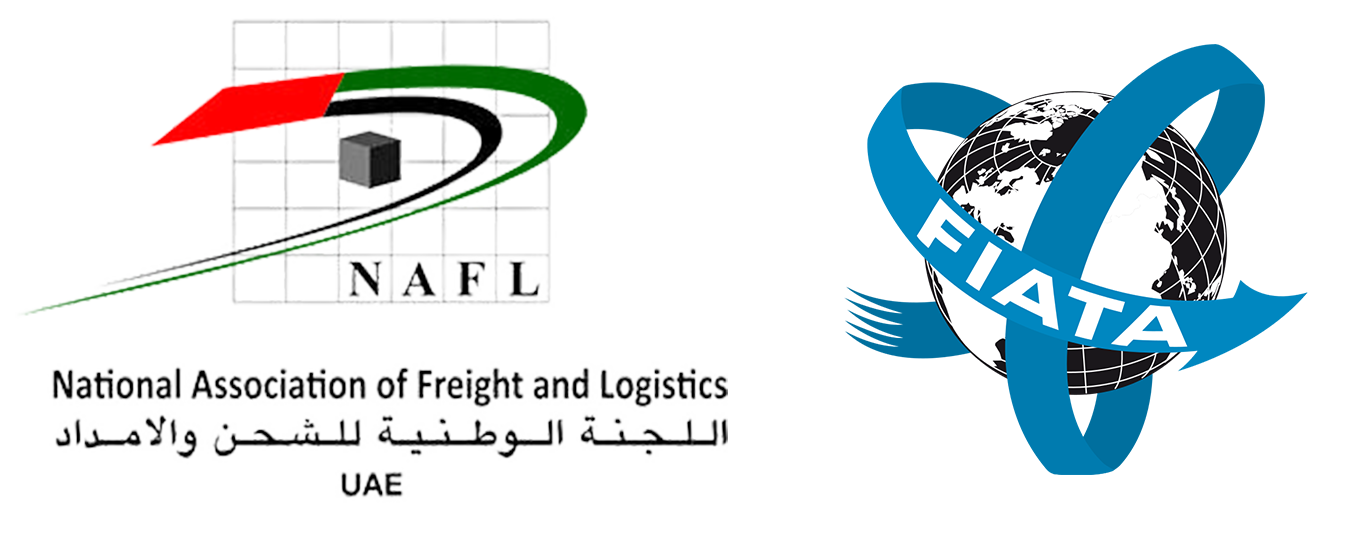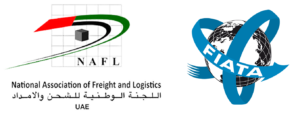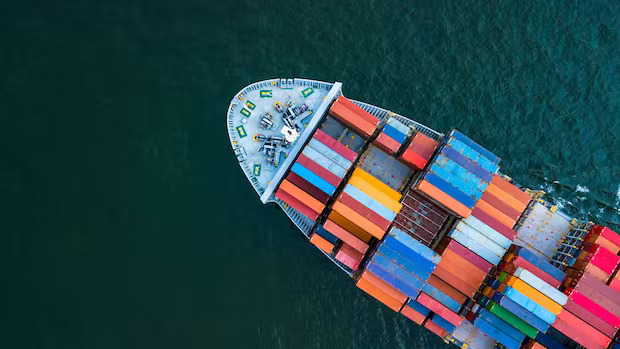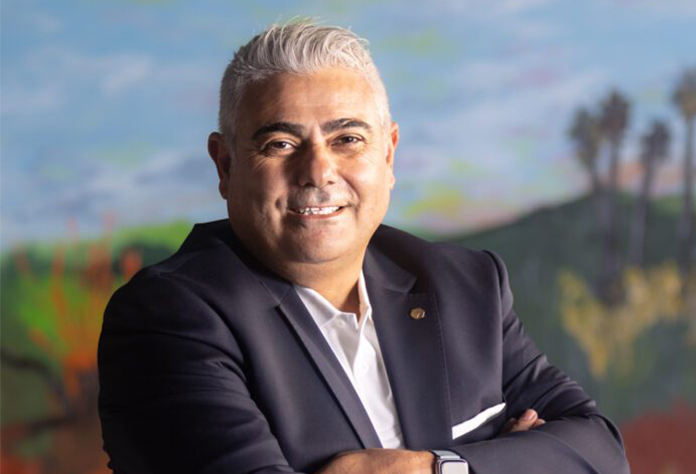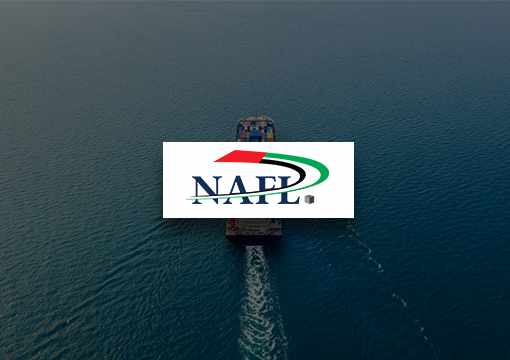High Level Maritime Dialogue – Building Back Better Together
The second edition of the High-Level Maritime Dialogue titled ‘Build Back Better: Shock-Resistant Supply Chains’ on 7 November, was hosted by FIATA, moderated by its Working Group Sea Chair and Senior Vice President, Mr Jens Roemer.
‘’Shipping lines and forwarders will have to learn to cope with unexpected service challenges as a new reality’’- Global Shippers Forum
In the context of high uncertainty and volatility, this unique set-up brought together high-level stakeholders from across the maritime supply chain to explore common goals and practical solutions in a constructive manner, to strengthen the maritime supply chain for greater resilience. The speaker line-up involved:
- Mr James Hookham, Secretary General, Global Shippers Forum (GSF)
- Mr John Butler, President and CEO, World Shipping Council (WSC)
- Ms Antonella Teodoro, Senior Consultant, MDS Transmodal, UK (MDST)
- Mr Alan Murphy, Founder and CEO, Sea Intelligence
- Ms Andrea Tang, International Trade Lawyer, International Federation Freight Forwarders Associations (FIATA)
Supply chain shifts as a response to changes in demand trends and global shocks
Supply chains have responded to a dramatic rise and fall in demand in recent years. Lessons are to be learned to prepare for uncertainties plaguing the future. “The problems encountered are not new; they exposed the vulnerability of the supply chain when planning and forecasting were not possible. The shocks brought by the pandemic cast a spotlight on the role of logistics, as well as its importance for the economic and social well-being of consumers”, said Ms Tang.
Supply chain shifts were considered, as well as the rise and fall in freight rates. It was noted by Ms Teodoro that “supply chain shifts were observed both in terms of geography and composition. When carriers repositioned capacity to the most profitable routes, new entrants attempted to service the gaps they left behind”. Mr Butler emphasised that “there is stiff competition in the shipping sector”, and that “carriers followed demand and did not create it”. Ms Teodoro recommended that ‘‘regulators should monitor such competition trends and transparency in the maritime supply chain closely to promote resilience”.
The need for infrastructural reform was unanimously agreed upon, noting hinterland congestion as an important contributor to the difficulties in the maritime supply chain. Mr Murphy commented that “instead of just consumer demand, the congestion in 2021 was exacerbated, as up to 15% of global liner capacity was stuck at bottlenecks. The reduction in demand has reduced congestion which is presently at 7.5% and could revert to pre-pandemic levels by spring 2023”. The importance of making governments aware of supply chain issues was emphasised by Mr Hookham: “if the sector is to make any arguments, now is the time to do so”.
In conclusion, Mr Roemer reminded participants that “the clock cannot be turned back but stakeholders and regulators must learn from mistakes of the past. No single stakeholder should be overconfident to impose plans that are not complementary with the overall system.”
Collaborating for decarbonisation
It was agreed that decarbonising the supply chain is an urgent priority for all stakeholders, constituting a key area for collaboration between the respective stakeholders. As highlighted by Mr Butler, ‘‘the industry is leading the way when it comes to implementation with shipping lines and energy companies investing in decarbonisation’’. The industry would benefit from an appropriate regulatory framework, governmental support, and advocacy for which stakeholders must come together to help the whole supply chain comply with Paris Agreement goals.
Shippers remain concerned about the cost of decarbonisation which will ultimately be borne by them. FIATA sought transparency in new decarbonisation initiatives, noting the need for forwarders to be able to provide their customers with choices as regards offsetting their emissions. It was emphasised that inclusivity is necessary, in particular for small and medium-sized enterprises (SMEs). FIATA emphasised that “SMEs should not be left behind, as they are the backbone of many developing economies. As they tend not to have access to longer-term contracts, they are more heavily impacted by shocks and uncertainty.”
Concluding the dialogue, decarbonisation was put firmly on the agenda as a theme for greater collaboration, whilst other areas of possible collaboration noted included sustainability, digitalisation and safety and security.
